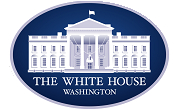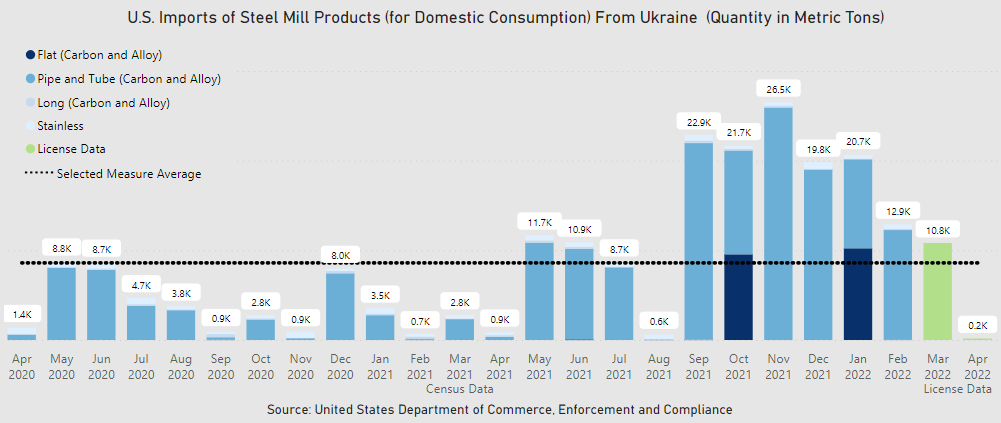Government/Policy

April 6, 2022
Senators Urge Biden to Lift S232 Tariffs on Steel From Ukraine
Written by Brett Linton
Senators Dianne Feinstein (D-Calif.) and Patrick Toomey (R-Pa.) want President Biden to lift the 25% Section 232 tariff on steel imports from Ukraine. They note in a letter to the president that Ukraine is the 13th largest steel producer in the world, and that as much as 80% of that steel is exported. The senators said that when the war with Russia ends, the Ukrainian steel industry will be a key part of the country’s economic recovery – and that lifting US tariffs would speed that recovery.
“We respectfully request that you remove the 25 percent U.S. tariff on steel imports from Ukraine to help it eventually stabilize and rebuild its economy,” the senators wrote in their letter, dated Tuesday, April 5. “The United States should do everything it can to ensure that the Ukrainian people can effectively rebuild after the war. Lifting the US tariff on steel from Ukraine is a small but meaningful way for the US to signal support for Ukraine and to provide stability and improve the country’s long-term economic outlook.”
In 2018 former President Trump imposed a 25% tariff on steel imports, including those from Ukraine. The senators think the costs of these tariffs have outweighed their benefits to US families, manufacturers, and other businesses. They also applauded President Biden for recently easing Section 232 tariffs on the EU and Japan.
US Department of Commerce data shows steel imports from Ukraine totaled 144,000 tons in 2021. They were primarily pipe and tube products. Monthly Ukrainian import levels have significantly increased since September 2021, as seen in the graph below.
Read the full request here.
By Brett Linton, Brett@SteelMarketUpdate.com








